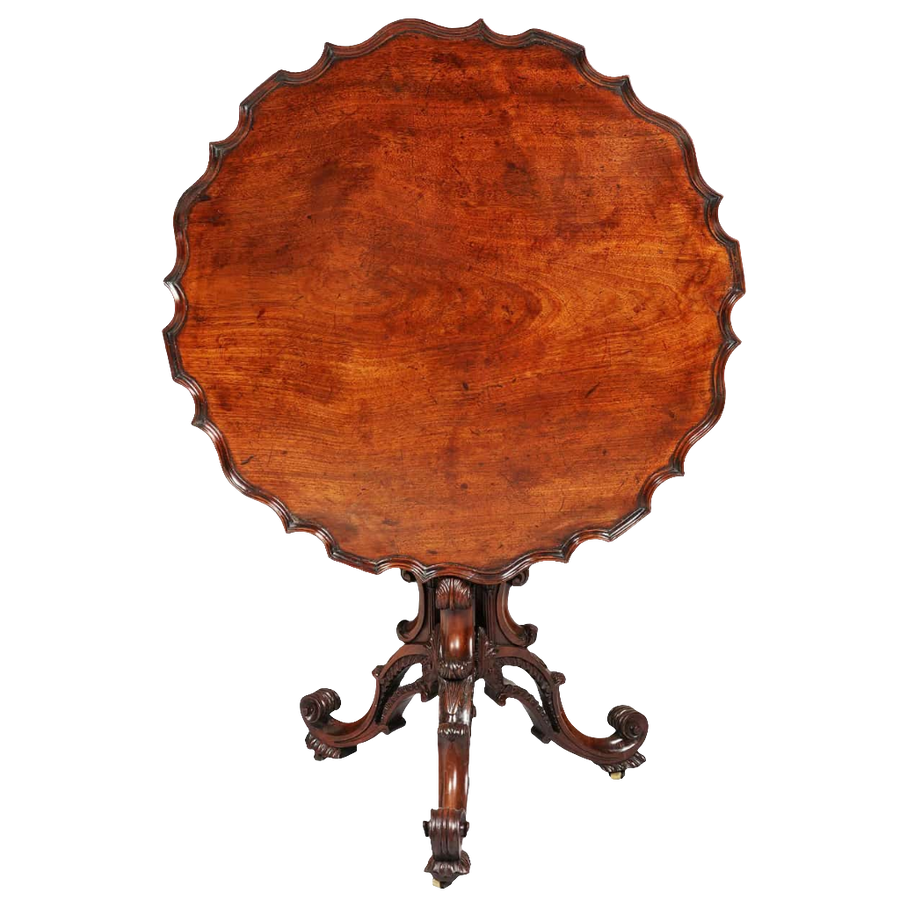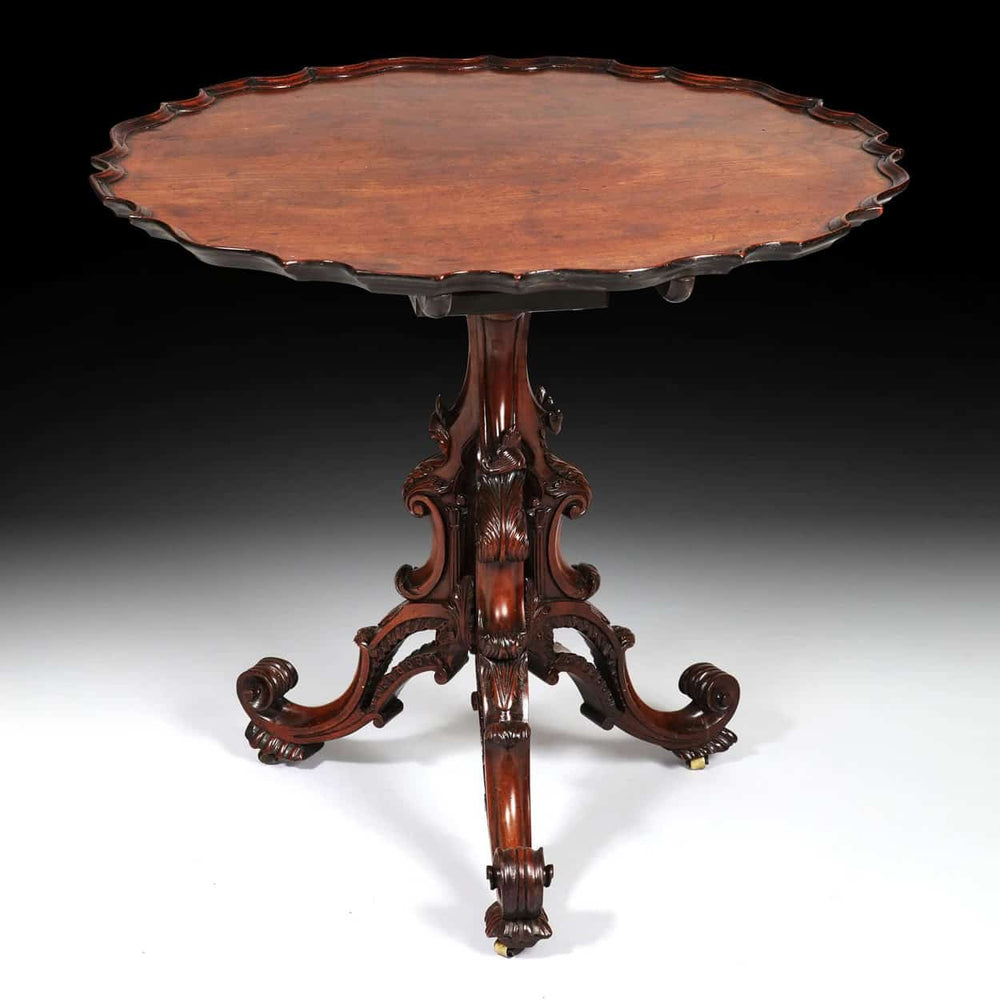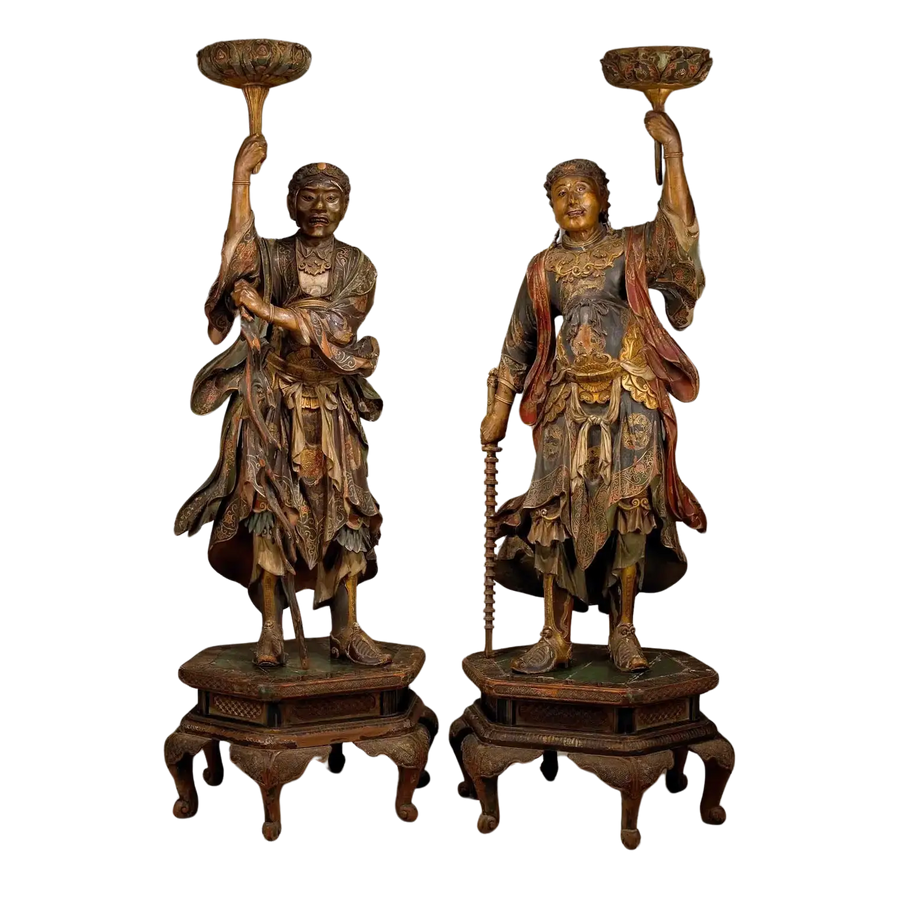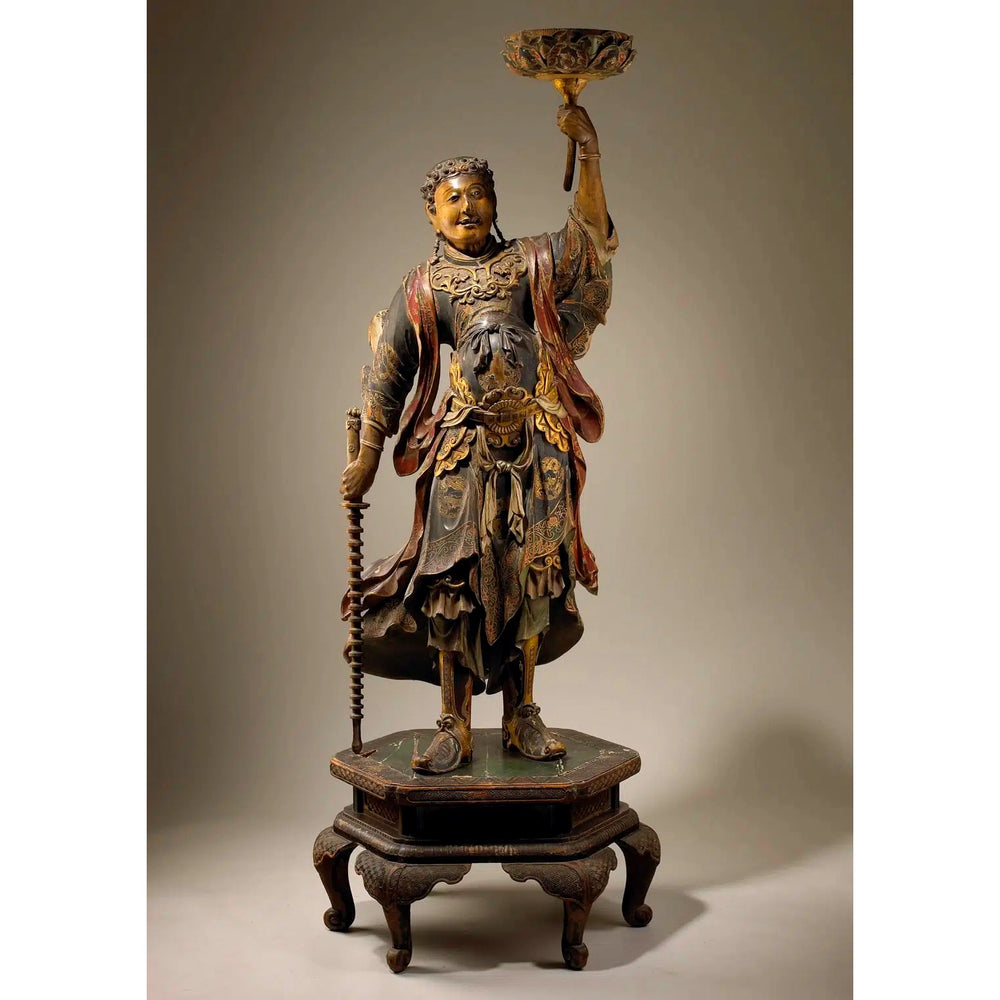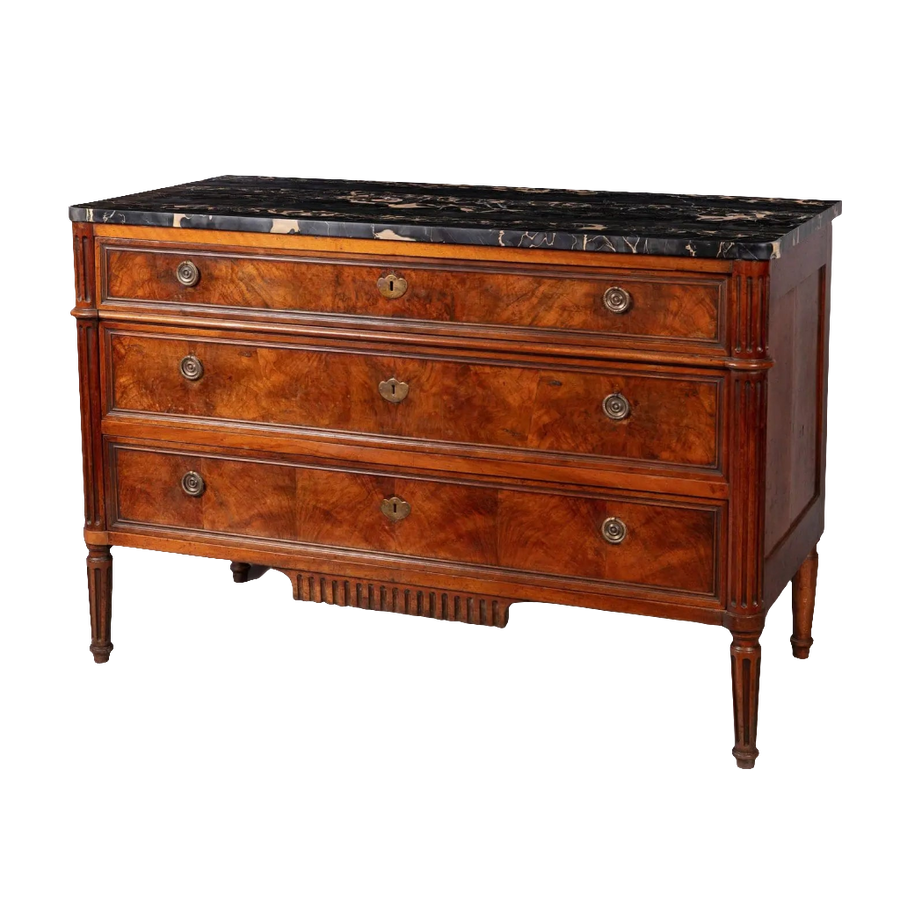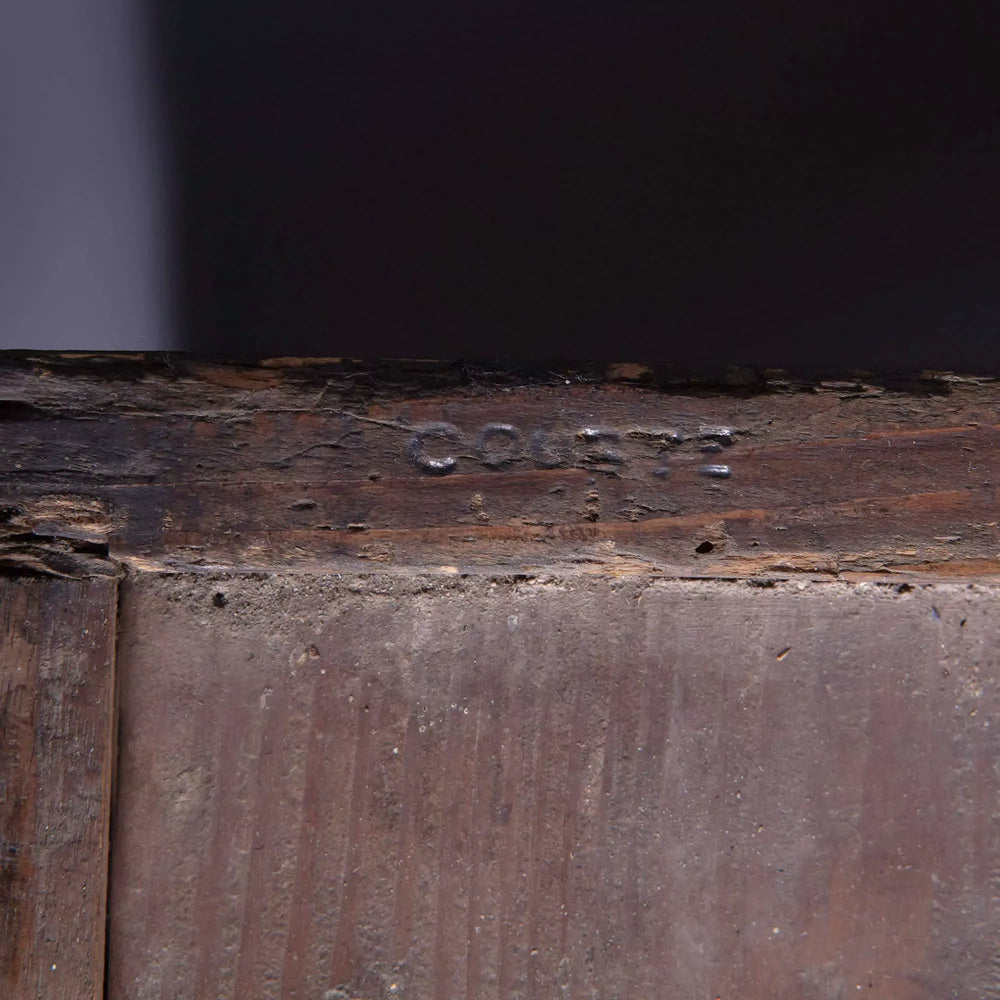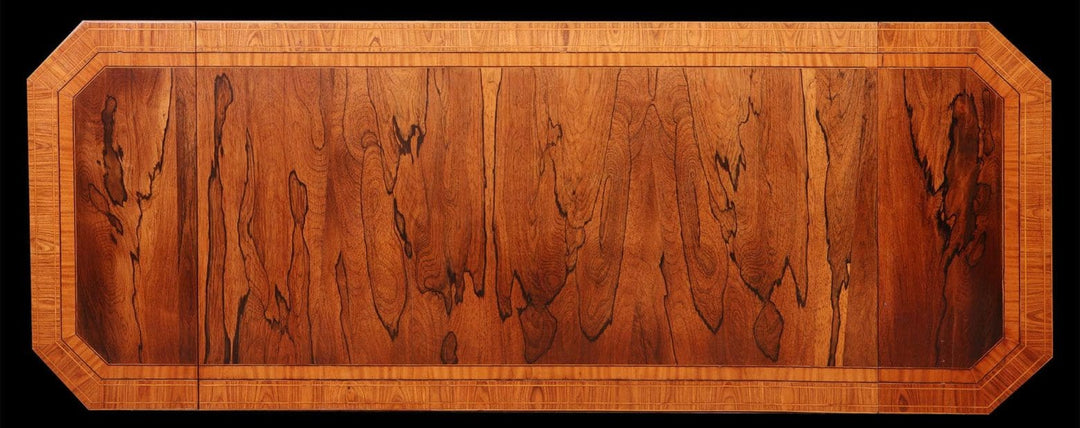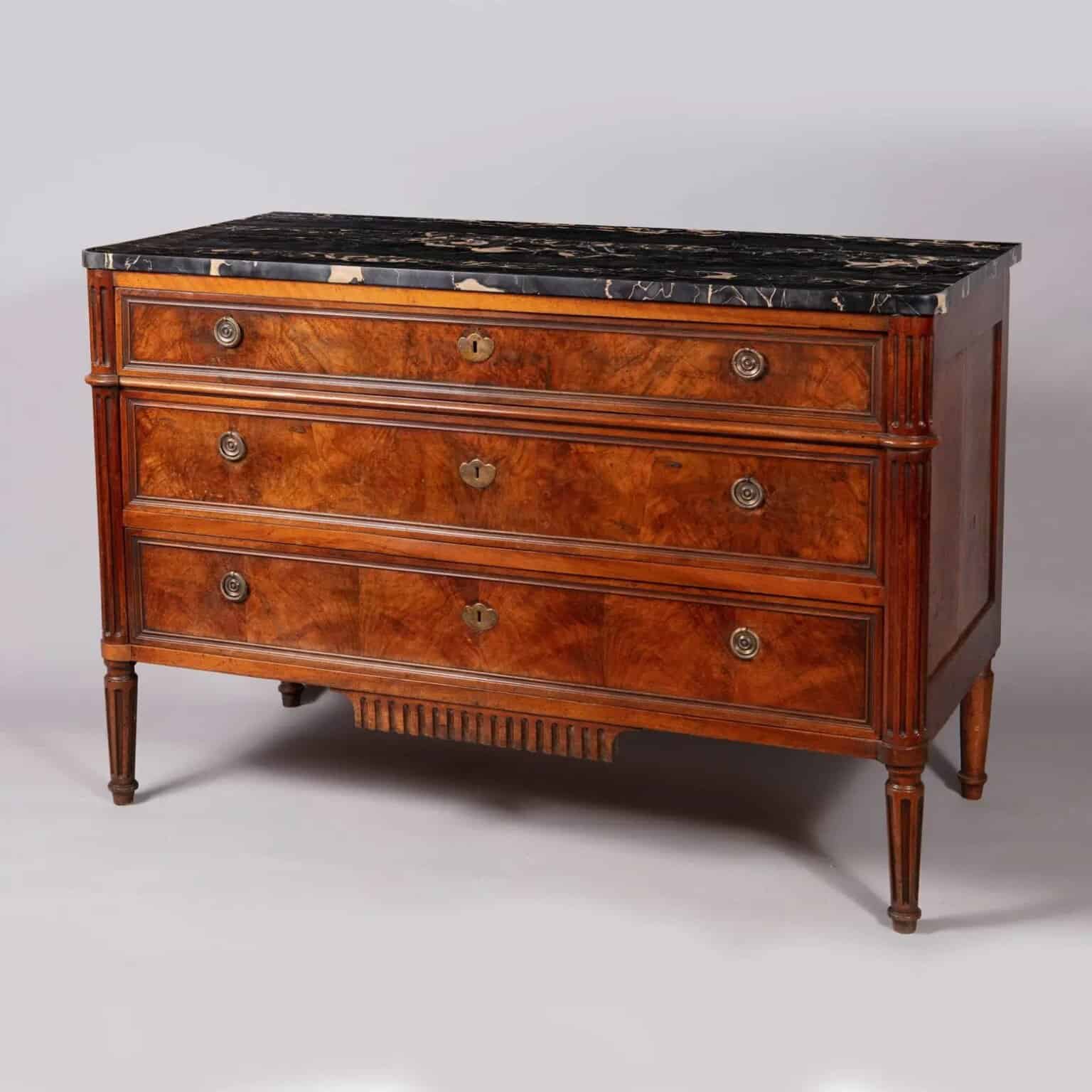
Jean-Baptiste Courte, also known by his original surname Kurt, was born on 20 September 1749 in Meidelsen, Germany, and died on 28 April 1843. Renowned as a master cabinetmaker, Courte built his career in Dijon, where he was officially received as a maître on 20 September 1777.
Origins and Training
The son of a Protestant carpenter, Courte inherited his father’s craft and adopted the French form of his surname upon establishing himself in Dijon. His recognition as a master came with a payment of 15 livres to secure the right to practice and set up his workshop, first on Rue Charrue and later on Rue Piron. His marriage to the daughter of fellow cabinetmaker Philippe Sesseley further embedded him in Dijon’s artisanal circles.
Style and Craftsmanship
Courte specialised in Louis XVI style commodes and secrétaire desks, with works often compared to those of his contemporary Jean Demoulin. His pieces are marked by refined marquetry, elegant proportions, and discreet decorative details. Courte’s stamped signature, “COURTE”, is typically found on the base of commode legs or near drawer locks, attesting to his authorship and craftsmanship.
Legacy and Surviving Works
Although his sons, Pierre and Antoine, and nephews, Jean and Nicolas, followed him into the trade, the Courte family did not achieve the dynastic stature of the Demoulins. Nonetheless, Courte’s work is represented in major collections. The Musée des Beaux-Arts de Dijon preserves notable examples, including:
-
A Louis XVI chest of drawers with three tiers, decorated with simple marquetry fillets.
-
A chest with two false drawers, featuring a concealed crosspiece and a butterfly-wing veneer frieze.
Recognition
Catherine Gras notes stylistic affinities between Courte and Demoulin, though it remains unclear whether they collaborated directly. Regardless, Courte’s oeuvre reflects the refined provincial cabinetmaking of 18th-century Dijon, balancing elegance with restraint.
Suggested Reading
-
Bernard Deloche & Jean-Yves Mornand, L’ébénisterie provinciale en France au XVIIIe siècle et Abraham Nicolas Couleru, Éditions Faton, 2011.
-
Pierre Kjellberg, Le Mobilier Français du XVIIIème Siècle, Les Éditions de l’Amateur, 2002.
-
Catherine Gras, Demoulin et Courte, Ébénistes Dijonnais, L’Estampille, June 1980.




